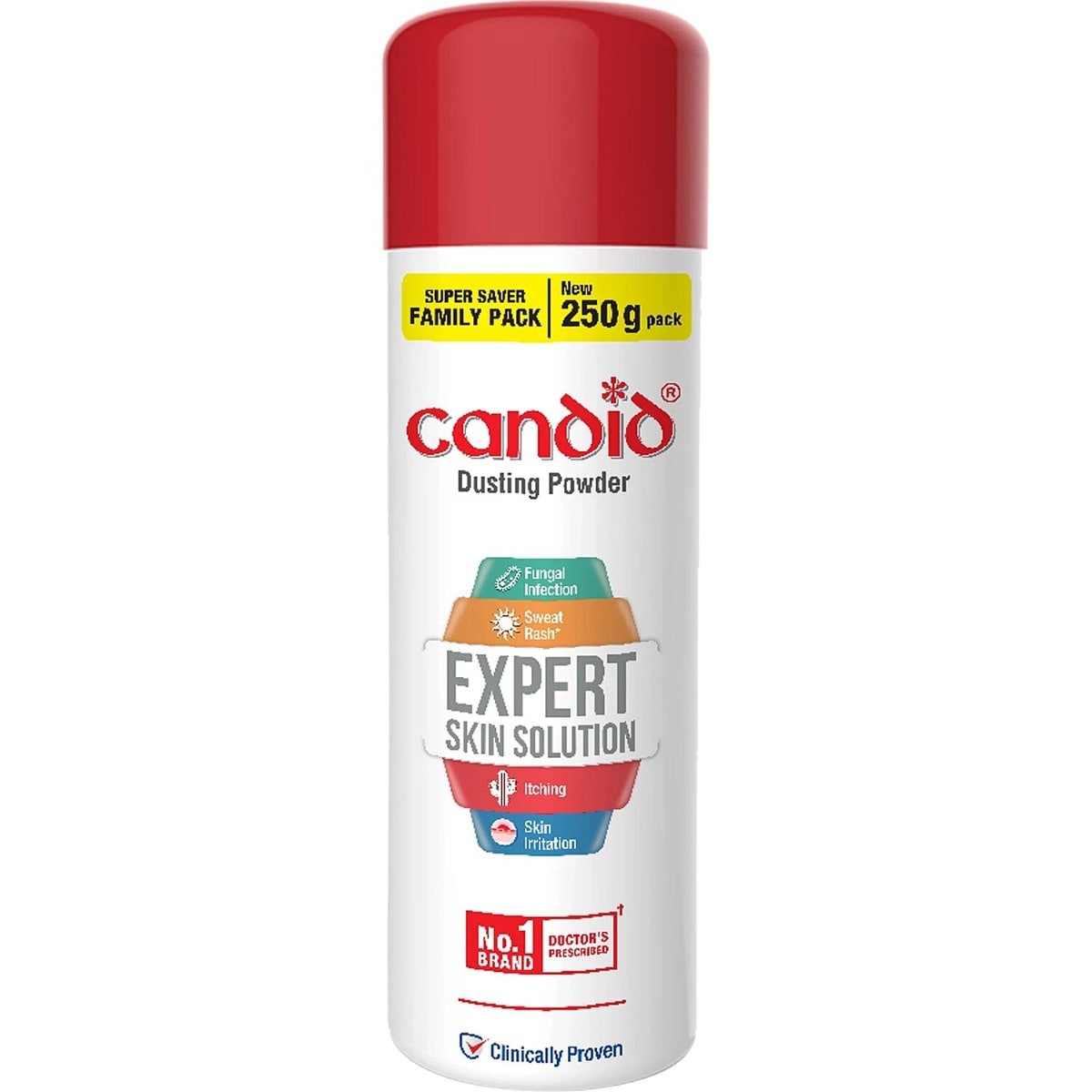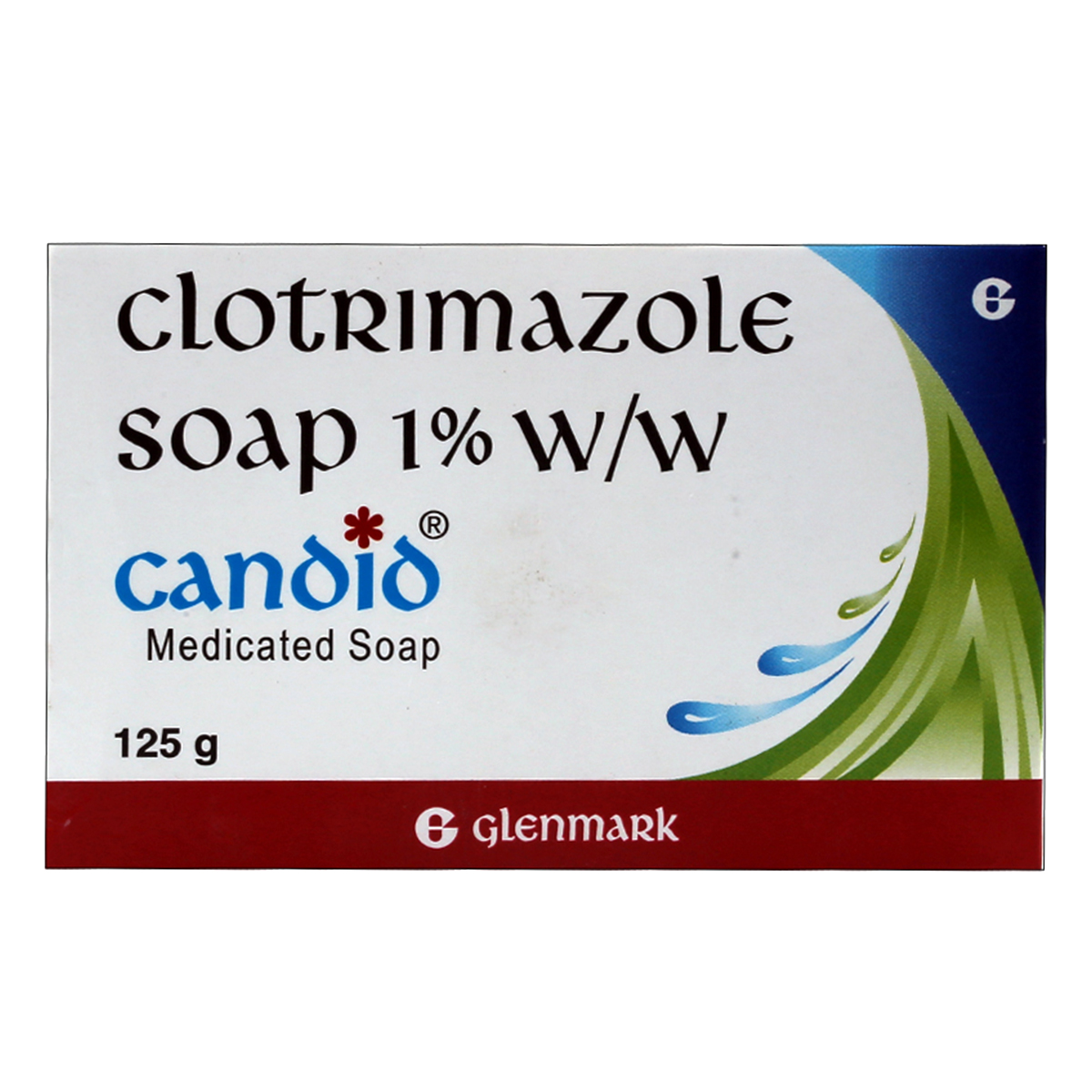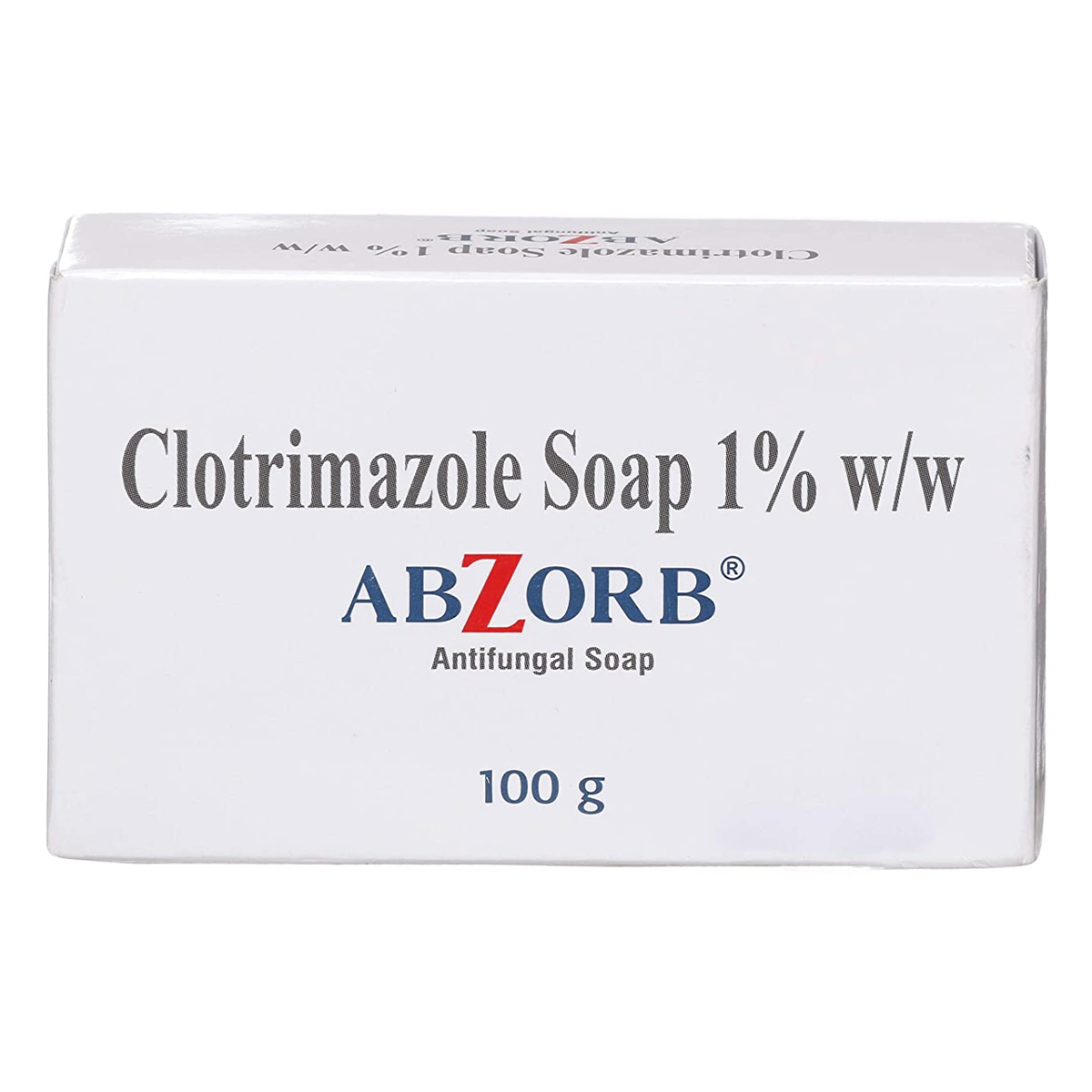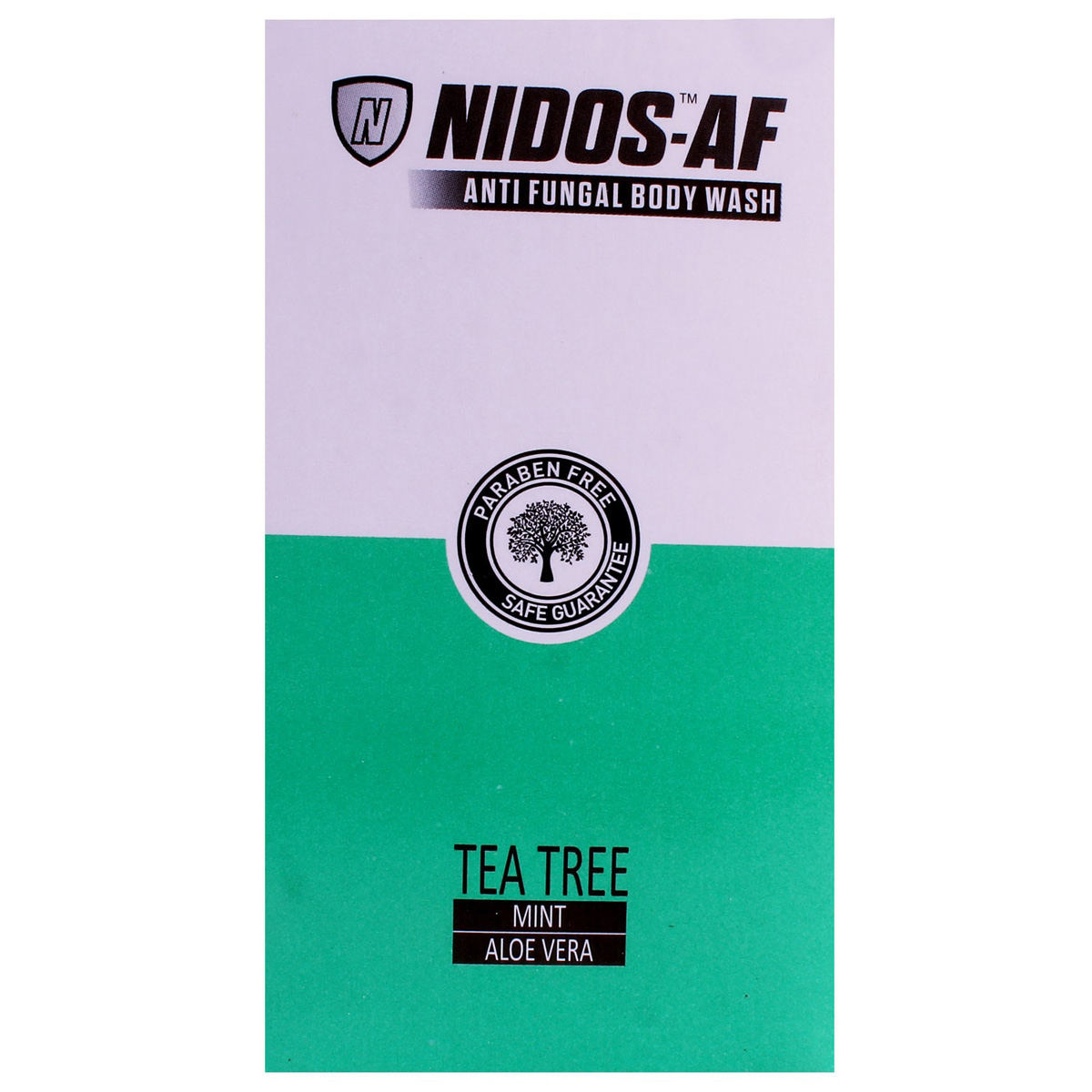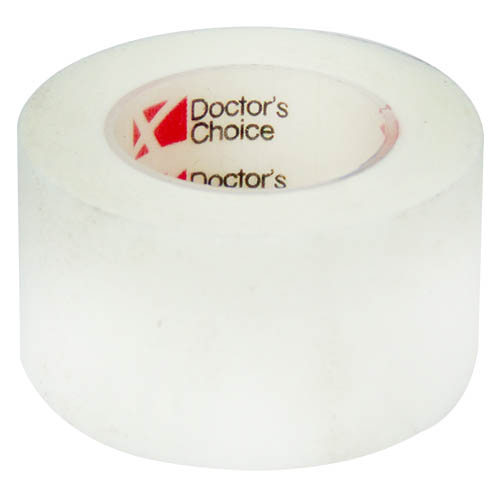Metrogyl P Plus Ointment

MRP ₹173
(Inclusive of all Taxes)
₹25.9 Cashback (15%)
know your delivery time
Provide Delivery Location
Composition :
Manufacturer/Marketer :
Consume Type :
Expires on or after :
Return Policy :

Secure Payment

Trusted by 8 Crore Indians

Genuine Products
Therapeutic Class
Country of origin
Manufacturer/Marketer address
Author Details
We provide you with authentic, trustworthy and relevant information
FAQs
Metrogyl P Plus Ointment is a combination of antiseptic and antibiotics medicines that help treat skin infections of wounds, burns and cuts. Metrogyl P Plus Ointment works by inhibiting the growth of infection-causing microbes. As a small molecule, Iodine in Metrogyl P Plus Ointment can easily penetrate microorganisms and oxidizes essential proteins, nucleotides, and fatty acids, leading to cell death.
Please consult your doctor if you use other topical medicines before starting Metrogyl P Plus Ointment. However, products containing enzymatic components, alkali, mercury, silver, hydrogen peroxide, tannic acid and taurolidine may interact with Metrogyl P Plus Ointment and should not be used simultaneously.
Metrogyl P Plus Ointment should be used with proper caution and doctor consultation if you have any liver disease, kidney disease, goitre (abnormal enlargement of the thyroid gland), thyroid nodules or other non-acute thyroid diseases. Please tell your doctor if you are undergoing any lithium therapy or radioactive iodine treatment.
Metrogyl P Plus Ointment is not recommended for use if you are undergoing lithium therapy or radioactive iodine treatment. Metrogyl P Plus Ointment should not be used before or after radioiodine scintigraphy or radioiodine treatment of thyroid carcinoma. In such conditions, please consult your doctor before using Metrogyl P Plus Ointment.
Metrogyl P Plus Ointment may interfere with thyroid function tests due to iodine absorption. Please ask your doctor before starting Metrogyl P Plus Ointment if you have any history of thyroid problems. A Metrogyl P Plus Ointment can also show false-positive lab results, such as tests with toluidine or gum guaiac, to determine haemoglobin or glucose in the stool or the urine.
Disclaimer
Alcohol
Safe if prescribed
You are recommended not to consume alcohol while using medicines.
Pregnancy
Consult your doctor
Using Metrogyl P Plus Ointment during pregnancy may affect the unborn baby. Please consult your doctor before taking Metrogyl P Plus Ointment if you are pregnant or planning to conceive.
Breast Feeding
Consult your doctor
Metrogyl P Plus Ointment is not recommended during breastfeeding. When a breastfeeding mother uses Metrogyl P Plus Ointment, it may increase the iodine levels in the breastmilk causing hypothyroidism in breastfed infants. Please consult your doctor before taking the Metrogyl P Plus Ointment if you are breastfeeding.
Driving
Safe if prescribed
Metrogyl P Plus Ointment is generally safe to use before driving. However, if you notice any side effects like dizziness or burning sensation in the affected areas, avoid driving and operating machinery until you feel better.
Liver
Consult your doctor
Metrogyl P Plus Ointment can be given in case of any liver impairment or problem.
Kidney
Consult your doctor
Let your doctor know if you have any history of kidney diseases before taking Metrogyl P Plus Ointment, since it may lead to abnormal kidney function (renal impairment) and an imbalance of electrolytes.
Children
Safe if prescribed
Your doctor will recommend Metrogyl P Plus Ointment depending on your child's severity of infection or wounds.
Product Substitutes
Reference
- https://www.drugs.com/cdi/povidone-iodine-topical-products.html
- https://www.drugs.com/mtm/metronidazole-topical.html
- https://ethix.in/product/zetadine-ointment-povidone-iodine-metronidazole/
- https://mundipharma.com.ph/multipage_uploads/2038/18857/BETADINE%20Ointment%20PIL%20PH-BET-0566-V3-1215%20(CPA).pdf
About Metrogyl P Plus Ointment
Metrogyl P Plus Ointment belongs to the class of dermatological preparation called 'antibiotics' combined with 'antiseptic' primarily used to treat the skin's burns and wounds. It also helps to treat wound infections after surgery. Metrogyl P Plus Ointment is abroad spectrum antibiotics which help in early wound healing. Metrogyl P Plus Ointment also prevents skin infection spread by harmful bacteria due to cuts, wounds and burns.
Metrogyl P Plus Ointment contains a combination of two medicines: Povidone-iodine and Metronidazole. Povidone Iodine can easily penetrate microorganisms and oxidise essential natural substances, leading to cell death. Metronidazole is an antibiotic which kills bacteria and other harmful organisms by damaging their DNA. Metrogyl P Plus Ointment has broad-spectrum activity and is effective against many microbes, including gram-positive and gram-negative bacteria, fungi and protozoa. Metrogyl P Plus Ointment is used in degerming (physical removal of microbes), stasis ulcers (wound on the leg or ankle due to damaged veins), decubitus ulcers (bed sores) and the umbilical area.
Metrogyl P Plus Ointment is for external use only. Your doctor will decide the dose depending on the medical condition. Contact of Metrogyl P Plus Ointment with eye should be avoided; if you accidentally touch eyes while applying Metrogyl P Plus Ointment, please wash it immediately. Metrogyl P Plus Ointment has common side effects, as every medicine does. These include local swelling, itchiness, redness, small blisters and irritation at the application site. These side effects gradually resolve during the treatment and do not require medical attention.
Brief your medical history to the doctor if you are allergic to Metrogyl P Plus Ointment. Please consult your doctor if you are pregnant or planning to conceive before using Metrogyl P Plus Ointment since it can affect the unborn baby. Using Metrogyl P Plus Ointment during breastfeeding may increase the iodine levels in the breastmilk, which can cause hypothyroidism in breastfed infants. Let your doctor know if you have an overactive thyroid gland (hyperthyroidism), thyroid disease, or liver and kidney problems. Please tell your doctor if you are undergoing lithium therapy or radioactive iodine treatment. Metrogyl P Plus Ointment should not be used before or after radioiodine scintigraphy or radioiodine treatment of thyroid carcinoma.
Uses of Metrogyl P Plus Ointment
Medicinal Benefits Mweb
Key Benefits
Metrogyl P Plus Ointment is a combination medication containing Povidone-iodine (antiseptic) and Metronidazole (antibiotic) primarily used to treat and prevent skin infections in minor burns, lacerations (deep cut in the skin), cuts, and abrasions (the first layer of skin is scraped off). It is also used to treat postoperative wound infections. Povidone-iodine is an antiseptic applied on skin infected or likely to get infected. It slowly releases iodine which kills or prevents the growth of these microorganisms. Metronidazole, being bactericidal in nature, kills the bacteria by damaging its genetic material (DNA) and preventing its growth, hence relieving the symptoms. Together, Metrogyl P Plus Ointment prevents the growth of the microorganisms and promotes early wound healing.
Directions for Use
Side Effects of Metrogyl P Plus Ointment
- Local swelling
- Dry skin
- Irritation
- Redness
- Itchiness
Drug Warnings
Do not use Metrogyl P Plus Ointment if you are allergic to povidone-iodine and metronidazole. Use Metrogyl P Plus Ointment for the full recommended length of time. Your symptoms may improve before the infection is completely cleared. Skipping doses may also increase your risk of another disease resistant to antibiotics. Avoid contact with your eyes, nose, or mouth. Rinse it off with water if you accidentally get the cream in these areas. Let your doctor know if you have an overactive thyroid gland (hyperthyroidism), any other thyroid diseases, or liver and kidney problems since the usage of Metrogyl P Plus Ointment can cause iodine absorption into the body. This iodine absorption may lead to a rapid heartbeat (tachycardia) and restlessness, imbalance of electrolytes, abnormal blood concentration (osmolarity), and abnormal kidney function (renal impairment). Please tell your doctor if you are undergoing lithium therapy or radioactive iodine treatment. Metrogyl P Plus Ointment should not be used before or after radioiodine scintigraphy or radioiodine treatment of thyroid carcinoma. Please consult your doctor if you are pregnant or planning to conceive before using the Metrogyl P Plus Ointment since it can affect the unborn baby. Using Metrogyl P Plus Ointment during breastfeeding may increase the iodine levels in the breastmilk, which can cause hypothyroidism in breastfed infants.
Drug-Drug Interactions
Drug-Drug Interactions
Login/Sign Up
Drug-Food Interactions
Drug-Food Interactions
Login/Sign Up
Drug-Diseases Interactions
Drug-Diseases Interactions
Login/Sign Up
Drug-Drug Interactions Checker List
- SILVER NITRATE
- LITHIUM
- AMPRENAVIR
- RITONAVIR
- DISULFIRAM
- WARFARIN
- TAUROLIDINE
- TIPRANAVIR
- HYDROGEN PEROXIDE
- TANNIC ACID
Habit Forming
Special Advise
- Thyroid function monitoring (thyroid function tests like T3, T4, and TSH levels) is recommended in patients to check on overactive thyroid gland function, possibly due to iodine absorption into the body.
- Regular monitoring of electrolytes is necessary since iodine is possibly absorbed into the body and causes an imbalance of electrolytes.
- It is better to take an electrocardiograph (ECG) if you notice rapid heartbeat (tachycardia).
- Taking a blood osmolarity test is advised since Metrogyl P Plus Ointment may cause iodine absorption leading to abnormal blood concentration.
- Kidney function monitoring is advised in patients since Metrogyl P Plus Ointment may affect kidney disease patients with renal impairment.
Diet & Lifestyle Advise
- Use mild soap while taking baths and prefer warm baths.
- Avoid harsh products on your skin.
- Do not scratch or pick your skin to avoid infecting the affected area.
- Manage stress, eat healthily, drink plenty of water, exercise regularly, and get plenty of sleep.
- Do not walk barefoot at places like gym showers to prevent bacterial infections.
All Substitutes & Brand Comparisons
RX
Out of StockOvidine M Ointment
Ind Swift Laboratories Ltd
₹10
(₹0.6/ 1gm)
94% CHEAPERRX
Out of StockMisodine-M Ointment
₹23.99
(₹1.44/ 1gm)
86% CHEAPERRX
Out of StockMezodin Ointment
Haledew Remedies
₹38
(₹2.28/ 1gm)
78% CHEAPER

Have a query?
Buy best Dermatology products by
Glenmark Pharmaceuticals Ltd
Sun Pharmaceutical Industries Ltd
Klm Laboratories Pvt Ltd
Cipla Ltd
Canixa Life Sciences Pvt Ltd
Abbott India Ltd
Ajanta Pharma Ltd
Intas Pharmaceuticals Ltd
Dr Reddy's Laboratories Ltd
East West Pharma India Pvt Ltd
Alkem Laboratories Ltd
Atopic laboratories Pvt Ltd
Hegde & Hegde Pharmaceutica Llp
Brinton Pharmaceuticals Ltd
Torrent Pharmaceuticals Ltd
Amwill Healthcare Pvt Ltd
Leeford Healthcare Ltd
Palsons Derma Pvt Ltd
Oaknet Healthcare Pvt Ltd
Med Manor Organics Pvt Ltd
Micro Labs Ltd
Dermocare Laboratories Gujarat Llp
Fixderma India Pvt Ltd
Apex Laboratories Pvt Ltd
Mankind Pharma Pvt Ltd
Ipca Laboratories Ltd
Yaher Pharma
Systopic Laboratories Pvt Ltd
Menarini India Pvt Ltd
Ethinext Pharma
Nemus Pharmaceuticals Pvt Ltd
Skinocean Pharmaceuticals
Dermacia Healthcare
Inex Medicaments Pvt Ltd
Lupin Ltd
GlaxoSmithKline Pharmaceuticals Ltd
Talent India Pvt Ltd
Zydus Cadila
Kivi Labs Ltd
Zydus Healthcare Ltd
Hbc Dermiza Healthcare Pvt Ltd
Mrhm Pharma Pvt Ltd
Regaliz Medicare Ltd
Sol Derma Pharmaceuticals Pvt Ltd
Newtrimed Healthcare Pvt Ltd
Wallace Pharmaceuticals Pvt Ltd
Eskon Pharma
Glowderma Lab Pvt Ltd
La Pristine Bioceuticals Pvt Ltd
Mohrish Pharmaceuticals Pvt Ltd
Percos India Pvt Ltd
Rockmed Pharma Pvt Ltd
Macleods Pharmaceuticals Ltd
Praise Pharma
Ethicare Remedies Pvt Ltd
Kaizen Drugs Pvt Ltd
Aurel Biolife
Rely On Pharmaceuticals
Wockhardt Ltd
Galcare Pharmaceuticals Pvt Ltd
Elder Pharmaceuticals Ltd
Indiabulls Pharmaceuticals Pvt Ltd
La Med Healthcare Pvt Ltd
Biocute Life Care
Yap Bioceuticals
Yash Pharma Laboratories Pvt Ltd
Zee Laboratories Ltd
Apple Therapeutics Pvt Ltd
Adonis Laboratories Pvt Ltd
Albatross Healthcare Pvt Ltd
Galderma India Pvt Ltd
Prism Life Sciences Ltd
FDC Ltd
Alniche Life Sciences Pvt Ltd
Salve Pharmaceuticals Pvt Ltd
West Coast Pharmaceuticals Pvt Ltd
Dermarex HealthCare India Pvt Ltd
Arka Vital Science Pvt Ltd
Dermajoint India
Gary Pharmaceuticals Pvt Ltd
Grace Derma Healthcare Pvt Ltd
Karlin Pharmaceuticals & Exports Pvt Ltd
Skinska Pharmaceutica Pvt Ltd
Uniza Healthcare Llp
Alembic Pharmaceuticals Ltd
Cadila Healthcare Ltd
Cadila Pharmaceuticals Ltd
Cosmofix Technovation Pvt Ltd
Human Pharmaceuticals
Indolands Pharma Pvt Ltd
Lyra Laboratories Pvt Ltd
Akumentis Healthcare Ltd
Entod Pharmaceuticals Ltd
Iceberg Health Care Pvt Ltd
Jenburkt Pharmaceuticals Ltd
P and P Dermaceuticals Pvt Ltd
Dabur India Ltd
Indchemie Health Specialities Pvt Ltd
Olcare Laboratories Pvt Ltd
Unison Pharmaceuticals Pvt Ltd
BODY CREAM
Body Lotion
Face Cream
Shampoo
Sun Screen
Face Gel
Soap
Face Wash
HAIR SOLUTION
Face Serum
BODY GEL
Hair Lotion
Hair Serum
Dusting Powder
ANTISEPTIC
FACE CLEANSER
Face Lotion
Body Wash
Body Spray
Eye Cream
FUNGAL INFECTION
Foot Cream
Conditioner
Eye Gel
Cleanser
Hair Cream
Hair Oil
Face Mask
Hair Gel
Sanitizer
Hair Spray
Moisturiser
Skin Ointment
Lip Balm
Capsule
Eye Serum
Intimate Wash
Specialty Supplements
Hand Cream
Facial Spray
SPECIALITY SUPPLEMENT
Face Toner
MEDICATED SHAMPOO
Tablet
Talcum Powder
BABY SUNSCREEN
Body Butter
Body Scrub
DIAPER RASH CREAM
EYE SOLUTION
FACIAL WIPE
Gargle
Hand Wash
Intimate Spray
Lip Serum
Lubricant Gel
MEDICATED CREAM
Nail Polish
VITAMIN D
Frequently Bought Together
₹155.8
MRP ₹164
5% off
1
+₹405
MRP ₹450
10% off
1
+Customers Also Bought








